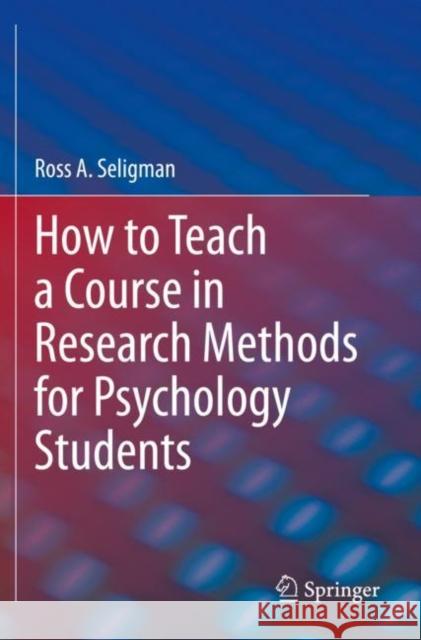How to Teach a Course in Research Methods for Psychology Students » książka
topmenu
How to Teach a Course in Research Methods for Psychology Students
ISBN-13: 9783030428808 / Angielski / Miękka / 2021 / 117 str.
How to Teach a Course in Research Methods for Psychology Students
ISBN-13: 9783030428808 / Angielski / Miękka / 2021 / 117 str.
cena 241,50
(netto: 230,00 VAT: 5%)
Najniższa cena z 30 dni: 231,29
(netto: 230,00 VAT: 5%)
Najniższa cena z 30 dni: 231,29
Termin realizacji zamówienia:
ok. 22 dni roboczych.
ok. 22 dni roboczych.
Darmowa dostawa!
Kategorie:
Kategorie BISAC:
Wydawca:
Springer
Język:
Angielski
ISBN-13:
9783030428808
Rok wydania:
2021
Wydanie:
2020
Ilość stron:
117
Waga:
0.20 kg
Wymiary:
23.39 x 15.6 x 0.74
Oprawa:
Miękka
Wolumenów:
01
Dodatkowe informacje:
Wydanie ilustrowane











